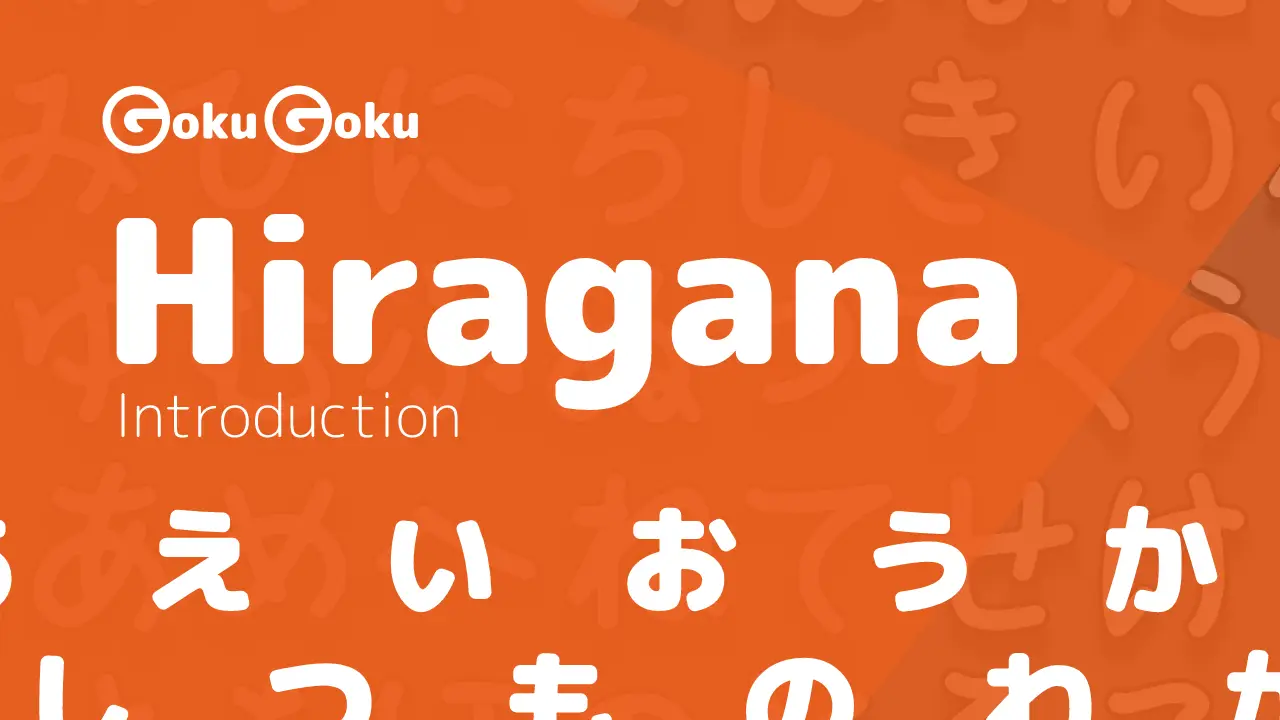あとで (atode) Meaning Japanese Grammar - After
Anna Baffa Volpe
Get in touch with meThe expression あとで (atode) means later, afterwards, after that.
あとで is a very common expression to state something that is done after what was done before.
In this post we are going to explore the meaning of あとで, how it is formed, when あとで is used and the differences with てから.
How あとで is formed
あとで ato de in kanji becomes 後で, but it is common to simply find the hiragana transcription.
あと is a noun that can be used in 2 ways:
- Preceded by the particle の
- Preceded by the plain past verb ending in た or だ
宿題の後で、テレビを見ます。
I watch TV after homework.
歯を磨いた後で寝る。
I go to sleep after brushing my teeth.
The particle で is often omitted in sentences and it is found simply 後 alone.
When using あとで
あとで ato de is used when we want to highlight the order, the sequence of two actions:
I perform action A and then action B.
Using あとで I want to emphasize the first action, following which the second occurred:
授業の後でプールへ行きます。
After class I go to the swimming pool.
ケーキは、お父さんが帰って来たあとで食べましょうね。
Let's eat cake when dad is home.
Now let's see a particular example of a sentence from an anime that uses 後で:
0:00.00
-1:0-1.00
あなたに死なれると後で優さんに怒られちゃいますから。
If you are killed after Yuu-san will end up angry.
This sentence uses 後で in a hypothetical situation with the particle と: if the first event occurs:
あなたに死なれる
You are killed.
Then after (後で) the second will eventually happen too:
優さんに怒られちゃいますから
Yuu-san will eventually get angry.
たあとで and てから
A similar form that is used instead of たあとで is てから, composed by the て form of the verb with the particle から. A mom can tell the child:
手を洗ってから、食べなさい。
Wash your hands before eating.
The first action is washing the hands, and only after the second action of eating the meal takes place. Now let's see the same example using あとで:
手を洗ったあとで、食べなさい。
Wash your hands before eating.
Both sentences are correct, but the more natural one comes first with the form てから.
- If we want to highlight the sequentiality of the actions, we can use the two forms indifferently, the concept is: first I wash my hands and then lunch.
- If instead the first action expressed is a condition of the second and it is necessary for the second to occur, then the most correct and natural use is the one with てから. The action of washing hands prepares and facilitates the following action: eating a meal; becomes an important condition and thus results in 自然
shizen. In these cases it is natural to use the form てから. Another example:
チケットを買ってから、電車に乗る。
I buy the ticket and take the train.
We see in this example that the necessary condition to take a means of transport is to buy the ticket. It is so natural to use the form てから.
More examples for the difference between あとで and てから:
大学を卒業した後で、日本に行った。
I went to Japan after I graduated.
I emphasize the fact that I went to Japan only after graduation and not before.
シャワーを浴びた後で出かける。
I go out after taking a shower.
Extract from an article on the net, using 後
Below we see a sentence found in an article in which some students discussed the often futile mistakes made during the exams.

テストとかでテストが終わった後、意外なでで間違えたり、ケアレスミスミスたたのが発覚したたしししかく後の後悔感はどうすれば、治まりますか。
How do you free yourself from regret when you discover at the end of an exam that you have inadvertently made a error or have made careless mistakes?
In the text we find two points reporting 後 in which the particle で is omitted:
- 終わった後
after it's over - 発覚した後
after discovering
We find 後 (noun) followed by the particle の which joins the two nouns:
- 後悔感
regret,repentance - 後
after
発覚した後の後悔感
the regret after finding out that...
テストとかで
in exams or similar situations
We have seen とか among the particles that are used in an enumeration: とか means things similar to..., things like... .
新生活が始まるし、家具とか買わないといけない。
A new life begins for me, I have to buy furniture and other things.
あとで single use as an adverb
あとで can be used as an adverb combined with a verb.
後で電話します。
I'll call you later.
その件は後で確認します。
I'll check after that question.
A short excerpt from an online article:

「後で、後で」が口癖のあなた!その「後」はいつ来る後回しにしない生活のススメ
For you who always say: later, later! When will that later come? Advice for a life without putting things off.
Similar grammar points in Japanese 📚
から
から (kara) Meaning Japanese Grammar - Because
だけ
だけ (dake) Meaning Japanese Grammar - Only
たりする
たりする (tari suru) Meaning Japanese Grammar - Do Such Things as A, B Etc
ちがう
ちがう (chigau) Meaning Japanese Grammar - No
まだ
まだ (mada) Meaning Japanese Grammar - Still
ないでください
ないでください (naide kudasai) Meaning Japanese Grammar - Please Do Not Do

